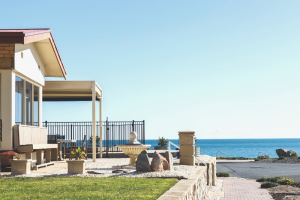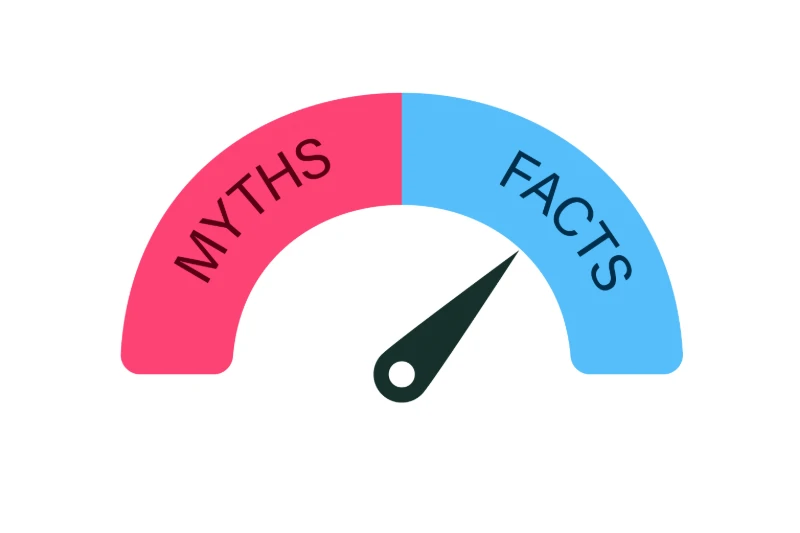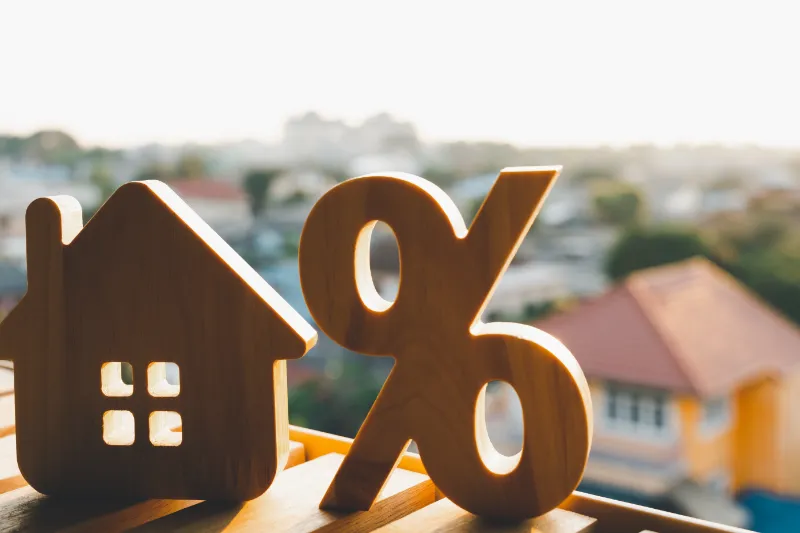When it comes to getting a mortgage, there’s no shortage of misinformation. Many homebuyers, especially…
Home Improvements That Will Save You Money Long Term
If you’re looking to reduce your household expenses, you can make plenty of home improvements that will save you money in the long run. One way to save money is by making minor changes to your heating and cooling systems. For example, installing a programmable thermostat can help you save on heating and cooling costs when you’re not home. Insulating your attic can also help you reduce heating and cooling costs, saving you around $600 annually.
Sealing doors and windows is a well-known way to prevent air from escaping, but it’s also essential to get your ducts sealed. Small leaks in your ducts can run up to 30% of cool or warm air. To save on cooling costs during the summer, consider planting shade trees or installing ceiling fans.
In addition to heating and cooling, other ways exist to reduce energy usage and save money on utilities. Upgrading from incandescent bulbs to LED bulbs is one example. LED bulbs use less energy and last longer than incandescent bulbs, saving money on your electricity bill while improving your home’s value.
Reducing water usage is another way to save money. Fixing leaky faucets and running toilets, using a low-flow showerhead, and replacing an old washing machine hose are all small changes that will add up over time. To reduce your water bill even further, consider switching from a grass lawn to a xeriscaped lawn or installing an intelligent sprinkler system.
While some home improvements may require a significant upfront cost, they can save you money in the long run. For example, installing hardwood floors is a splurge that can boost your home’s value and last longer than carpet if appropriately maintained. Replacing your roof is another investment that can save you money on homeowner’s insurance and reduce your A/C costs if you opt for an energy-efficient “cool roof.”
Preventing damage before it happens is always cheaper than fixing it afterward. Regular maintenance can prevent more minor issues from becoming more significant problems down the road. To prepare for the worst, create a list of reputable maintenance and repair companies. Checking your electrical wiring, cords, and outlets for exposed wires, spliced wires connected with electrical tape, multiple extension cords, or overloaded power strips can help prevent fire hazards. Installing a leak detector system can help prevent severe water damage, as can caulking your tubs and showers to prevent water from escaping and causing mold. Finally, checking the drainage outside your home after a heavy rain can help prevent flood damage. If you’re looking to reduce your household expenses, you can make plenty of home improvements that will save you money in the long run. One way to save money is by making minor changes to your heating and cooling systems. For example, installing a programmable thermostat can help you save on heating and cooling costs when you’re not home. Insulating your attic can also help you reduce heating and cooling costs, saving you around $600 annually.
Sealing doors and windows is a well-known way to prevent air from escaping, but it’s also essential to get your ducts sealed. Small leaks in your ducts can run up to 30% of cool or warm air. To save on cooling costs during the summer, consider planting shade trees or installing ceiling fans.
In addition to heating and cooling, other ways exist to reduce energy usage and save money on utilities. Upgrading from incandescent bulbs to LED bulbs is one example. LED bulbs use less energy and last longer than incandescent bulbs, saving money on your electricity bill while improving your home’s value.
Reducing water usage is another way to save money. Fixing leaky faucets and running toilets, using a low-flow showerhead, and replacing an old washing machine hose are all small changes that will add up over time. To reduce your water bill even further, consider switching from a grass lawn to a xeriscaped lawn or installing an intelligent sprinkler system.
While some home improvements may require a significant upfront cost, they can save you money in the long run. For example, installing hardwood floors is a splurge that can boost your home’s value and last longer than carpet if appropriately maintained. Replacing your roof is another investment that can save you money on homeowner’s insurance and reduce your A/C costs if you opt for an energy-efficient “cool roof.”
Preventing damage before it happens is always cheaper than fixing it afterward. Regular maintenance can prevent more minor issues from becoming more significant problems. To prepare for the worst, create a list of reputable maintenance and repair companies. Checking your electrical wiring, cords, and outlets for exposed wires, spliced wires connected with electrical tape, multiple extension cords, or overloaded power strips can help prevent fire hazards. Installing a leak detector system can help prevent severe water damage, as can caulking your tubs and showers to prevent water from escaping and causing mold. Finally, checking the drainage outside your home after a heavy rain can help prevent flood damage.





